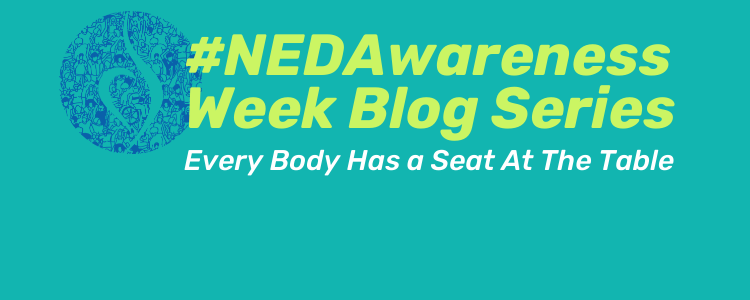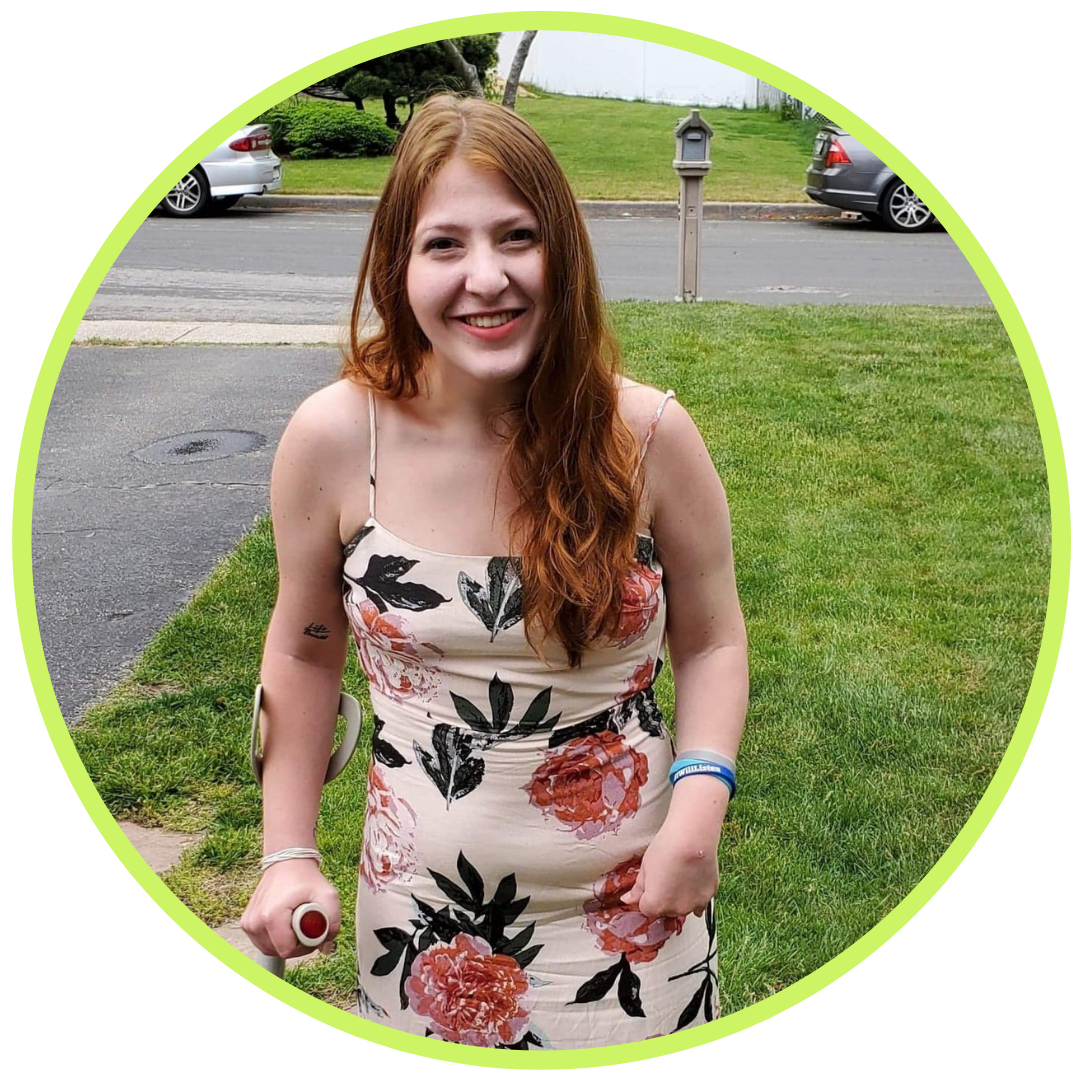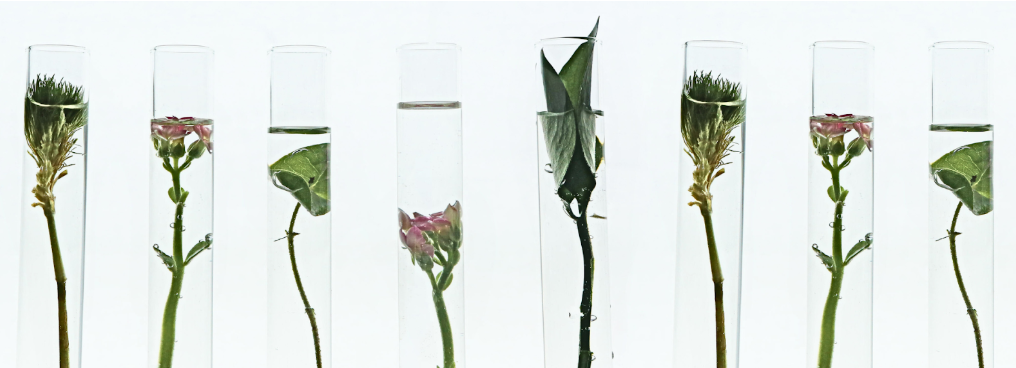From a young age I knew I was different from other kids. I can’t pinpoint an exact eureka moment when I became aware that I was visibly disabled, but I do remember photographers arguing about where to put me in school photos. I couldn’t stand for extended periods of time, so I had to sit in a foldable chair while my classmates stood on the risers.
Should she sit on the side or out front? Hmmm, that’s not right. Let’s move the chair.
It wasn’t lost on me that there weren’t any disabled Polly Pockets and there was only one disabled Barbie doll, Becky, who was a Paralympian. As empowering as it was to see a doll who was disabled and athletic, it reinforced the societal messages I internalized about how disabled people were only worthy when they conquer incredible feats—that I was only worthy when I conquered incredible (usually physical) feats.
This started my years-long obsession with exercise. I was used to people praising me whenever I exercised, so I did it as often as possible and pushed my body to its limits. Not only did I feel compelled to exercise, but I also feared gaining weight. I would manipulate my diet so I could lose weight because being thin was the only way I thought I could meet conventional beauty standards. If I couldn’t be able-bodied, at least I could be skinny. It was about squeezing myself into a box that wasn’t designed for me.
Traditional gender roles and beauty standards exclude disabled people because they assume everyone has full mental and physical abilities. I didn’t look like other girls because my muscles were spastic. I didn’t speak like other girls because I stuttered. I needed to find some way to feel feminine, to feel beautiful and dainty.
My eating disorder wasn’t inspiring or pretty; it was devastating. Although outsiders saw me as “strong” or “disciplined” for my obsessive exercising and meticulous dieting, they couldn’t see how it interfered with my grades, my friends, and most importantly, my sense of self. I was just the disabled girl who exercised constantly.
Although I lost some weight from my disordered habits, I also started losing some hair and suffered some more serious health complications. My dietitian told me that my test results revealed that my body was reeling from my behaviors. Reflecting back on that period of my life, I see that I was still me behind the fortress of restriction, over-exercise, and other eating disorder behaviors. But I was too afraid to let the real me out. As a disabled person, I didn’t feel worthy of taking up space. I feared that if I gave up my destructive habits, I would have to come to terms with failure; my eating disorder shielded me from this because I was always too preoccupied with keeping myself small and working out to put my energy into anything else.
Recovery transformed my life because it allowed me to understand myself and taught me that I am enough – but that doesn’t mean that I’ve always felt welcome and included in recovery spaces. I was the only visibly disabled patient at the partial hospitalization program I attended. Recovery often trades the mindset of restriction and the pressure to be smaller into focusing on what one can do. I’ve often felt excluded by this because I spent most of my life focusing on what I can do and aiming to do more. That is the mindset that I’m recovering from.
I want recovery spaces to be more informed on disability and how ableism can affect mental health and body image. I want recovery spaces to not only be made physically accessible, but also emotionally accessible to physically disabled people with eating disorders. Recovery spaces need to be mindful that focusing on what one can do isn’t helpful to everyone. If it marginalizes disabled people further, it isn’t an effective method of recovery. Disabled people are sidelined constantly; we shouldn’t have to worry about being pushed to the side while seeking help for an eating disorder.
Disabled people struggle with eating disorders too and deserve to have adequate support.
Erica Mones is a 23-year-old writer and disability advocate. She’s written for The Progressive, Well + Good, New Mobility, Rooted in Rights, Audacity Magazine, and PopSugar. She has her Bachelor’s in Classical Civilizations and Writing from Loyola University Maryland.






